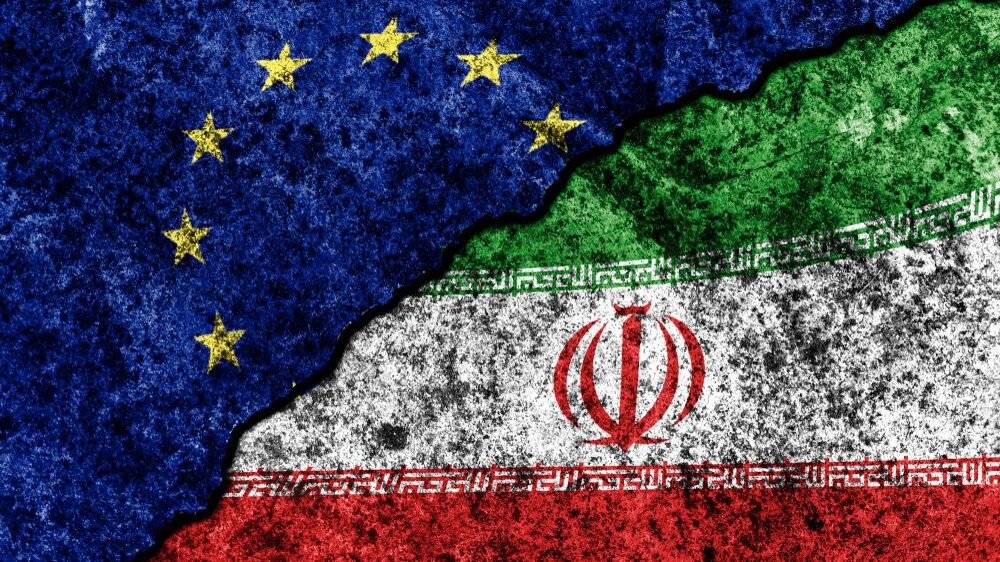
European foreign ministers imposed further sanctions on Iranian leaders Monday, February 20th, issuing a travel ban and an asset freeze for 32 Iranian citizens and two organisations. The measures come as a response to Tehran’s crackdown on anti-government protests in Iran, but some commentators have linked the recent wave of sanctions to the Iranian government’s material support for the Russian war effort in Ukraine.
Among the individuals listed on the sanctions list are the Iranian ministers for culture and education and the deputy commander of the Islamic Revolutionary Guard Corps (IRGC). Last month, the EU targeted sanctions against the IRGC for their role in suppressing protests but stopped short of declaring the group as terrorists.
This is the fifth round of sanctions imposed by the EU, with a total of 196 Iranian citizens and 33 organisations now under restrictions. Iran has seen months of violent protests since the murder of feminist activist Mahsa Amini by Iranian police in September 2022, which the Iranian government blames on Western intervention in stoking the protests. An estimated 488 protesters are believed to have been killed since protests began last year. The Iranian currency fell to its lowest recorded level in anticipation of the new sanctions.
The announcement coincides with protests on the streets of Brussels calling for a harsher line to be taken against Iran by the EU. European foreign ministers are gathering in Brussels this week to discuss the bloc’s foreign policy, with Ukraine dominating affairs. Iran has been accused of assisting Russian aggression by providing the Russian army with drone technology that has been deployed in Eastern Ukraine.
The Iranian news agency PressTV reported that Iran would respond with its own sanctions against EU leaders, with Iran’s Ambassador to Vienna Abbas Bagherpour declaring that the sanctions had no basis in international law.
The European Council also released a statement Monday, condemning Iran for its arbitrary detention of protesters, use of the death penalty, and arrest of dual EU-Iranian citizens.
Next month, the exiled Iranian Crown Prince Reza Pahlavi will address the European Parliament after being invited by Swedish Democrat MEP Charlie Weimers. A secularist and longtime critic of the Iranian government, Pahlavi seeks to persuade the EU to denounce the IRGC as a terrorist organisation as a way to help remove the current regime in Tehran.
I am happy to announce that I will host Crown Prince @PahlaviReza in the European Parliament next week. He will deliver a speech and hold talks with select MEPs to support the struggles of the Iranian people for democracy, freedom, and human rights.@POLITICOEurope reports: pic.twitter.com/jAlPsgWySY
— Charlie Weimers MEP 🇸🇪 (@weimers) February 21, 2023
